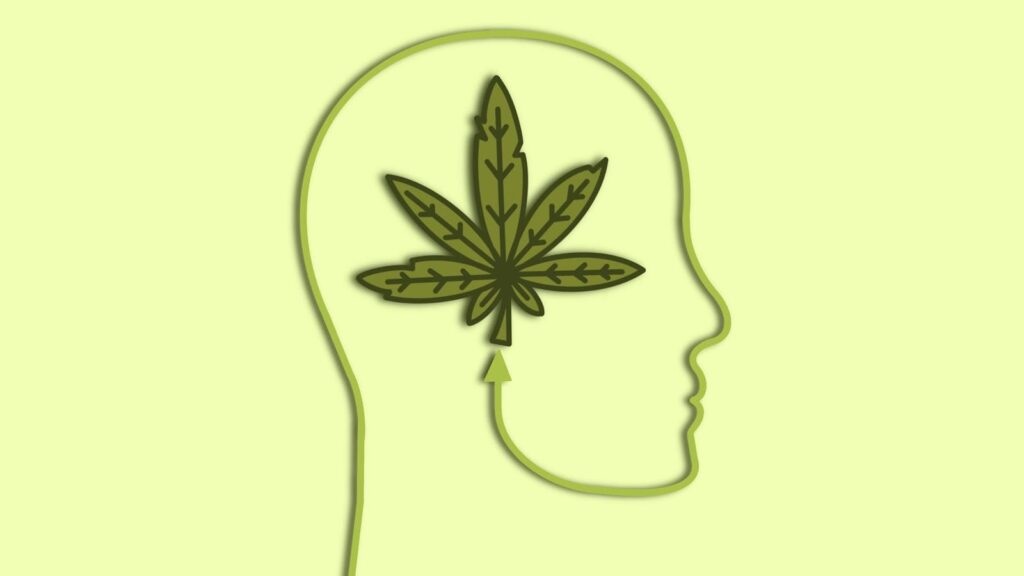From treating HIV to diabetes, Michigan State University researchers are studying the potential health benefits of cannabis use for a variety of illnesses due to its anti-inflammatory properties.
A notable symptom of HIV is a neurocognitive disorder similar to Alzheimer's disease. Research by Norbert Kaminsky, a professor of pharmacology and toxicology, is investigating the possibility that certain chemicals in cannabis may slow this decline.
The neurodegeneration seen in HIV patients is driven by inflammation, and certain cannabinoids may be able to combat inflammation with their anti-inflammatory properties, Kaminski said.
In his research, Kaminsky found that HIV patients who did not use cannabis had higher levels of monocytes, a type of white blood cell that can cross the blood-brain barrier and cause the destruction of neurons in the brain. discovered. Monocyte levels in patients who use cannabis are close to those of people who are not infected with HIV.
Kaminski said that despite the potential benefits, it is unlikely that the Food and Drug Administration would approve a drug like cannabis with psychoactive effects for medical use. Therefore, the main goal of his research is to find ways to separate chemicals that benefit patients from those that cause a high.
“Our long-term goal, and the research program I lead, is to identify synthetic or man-made cannabinoids that are not psychoactive or produce a high,” Kaminski said. “We hope that these molecules still have anti-inflammatory activity similar to that seen with cannabis use.”
Family medicine professor Omaima Alshaarawi is also researching the potential benefits of cannabis' anti-inflammatory properties for heart and metabolic health. Alshahrawi's research seeks to confirm the plant's anti-inflammatory properties in humans, as it has not yet been tested outside of animal models.
One of the factors Alshahrawi focuses on is the effects of cannabis smoking on users. In animal studies, THC and CBD, the compounds found in cannabis, are administered orally or by injection, which is not how humans tend to use the drug, she said.
Studying the effects of smoking as a mode of transmission is particularly important because smoking itself causes inflammation, Alshaarawi said.
“If you're talking about inflammation as the basis of the heart's metabolic state, smoking can actually worsen the heart's metabolic state,” Alshaarawi said. “Smoking itself can produce harmful chemicals independent of THC (and) CBD.”
In general, Alshaarawi said it is necessary to research cannabis as it becomes legal in more states across the country. Especially as the population of cannabis users grows, it is important to understand the most and least harmful ways to use the drug.
“I don't think this is a yes or no question. No, it's harmful, or yes, it's beneficial,” Alshaarawi said. “I think there are ways to better understand the beneficial effects of cannabis and cannabinoids, ways to understand the harmful effects of cannabis and cannabinoids, and ways to use strategies that are least harmful and most beneficial.”
Let's support student media!
Please consider making a donation to State News and help fund the future of journalism.
discussion
share and discuss “MSU researchers are studying the potential health benefits of cannabis use.” on social media.


